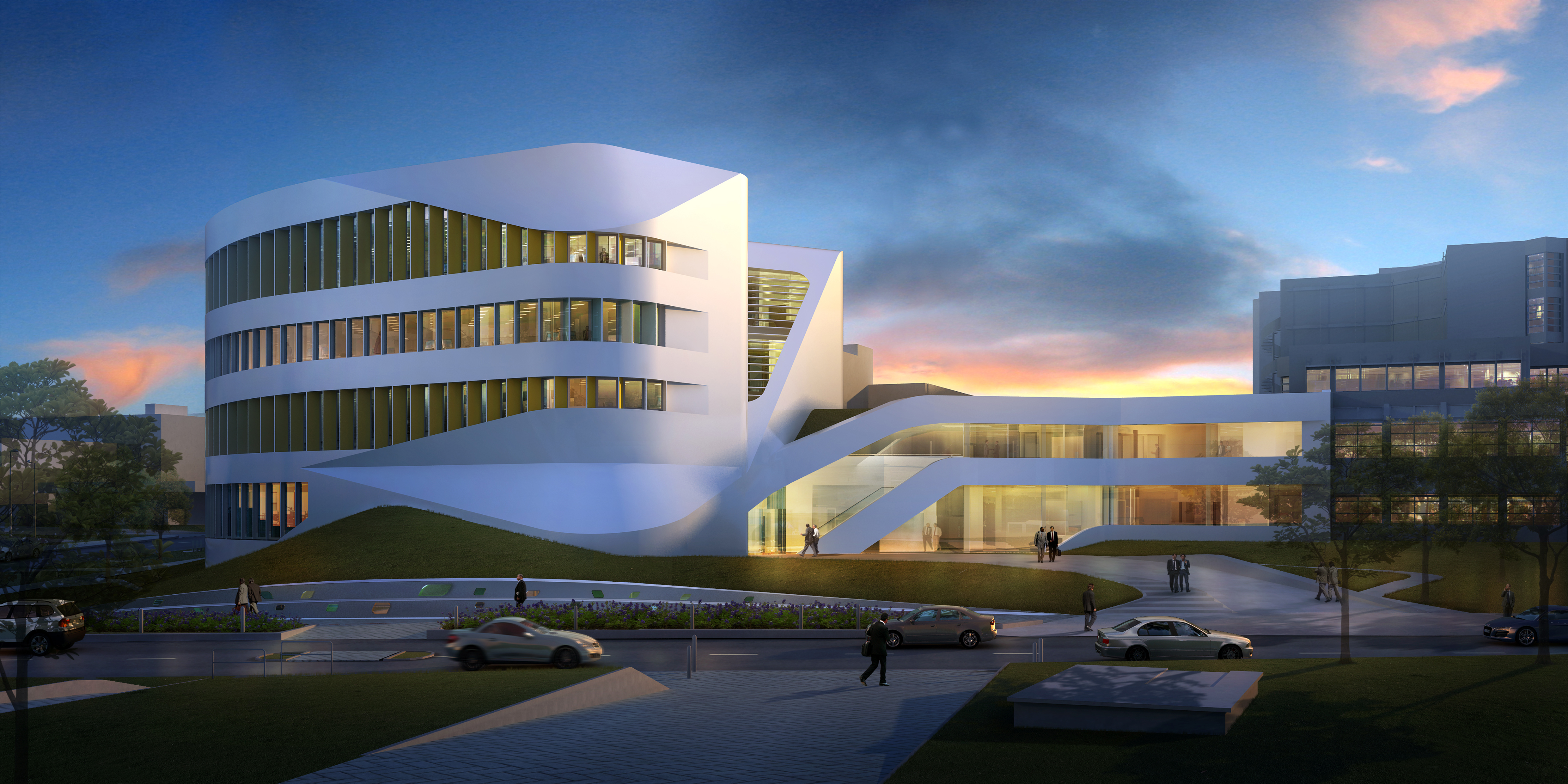
Livable, sustainable, safe - How our cities are become smarter

The city of tomorrow should be livable, safe and resistant, this is the goal of the competence team Urban Data & Resilience of the Fraunhofer IAO. This goal is to be achieved in cooperation with the private sector and municipalities, among other means through the intelligent use of data. The range of services covers different areas - from the establishment of innovative participatory procedures that enable cities to incorporate citizens in development projects through co-creative processes, to the strengthening of crisis and disaster management through the possibilities offered by information and communication technologies (ICT).
Stuttgart - Since April the interdisciplinary research team “Urban Data & Resilience” is a part of the “Mobility and Urban System Design” segment of the Fraunhofer Institute for Industrial Engineering (IAO). The six scientists see themselves as mediators between cities and industry. The team supports municipalities in developing, together with the private sector, solutions for smart cities based on the actual needs. "Cities are facing big challenges in the transition to smart cities. They often have data that could potentially help them. At the same time there are numerous companies that have the ability to link, connect and evaluate data. Our task is to bring together the both parties, municipalities and industry, "explains the team leader Willi Wendt
Strengthening resilience of cities through smart data use
The team has already been involved in numerous successful projects for improving the resilience of cities. In the Rhine metropolis of Cologne flood protection has been an omnipresent topic for decades. Together with the city and the ESRI Ltd, existing data from geoinformation systems were transferred into 3D models and data on flood and flow velocity were combined to create a realistic image of a flood situation. This simulation makes it possible to demonstrate to the citizens that the water level can become dangerous within a few minutes. In the project Crisma, funded by the European Union, there was developed a model where the various layouts of the police, the fire department and the technical assistance organization (THW) could be superimposed, thus facilitating the information flow between the actors.
Livable cities through cooperations between industry and local authorities
Traffic development or noise prevention are further central themes for smart cities. However municipalities often lack the ability to make informed decisions based on various data. Thus the know-how is essential in the industrial environment. Companies have, for example, the possibility to correlate traffic volume of private transport in relation to possible changes in public transport and to create accurate forecasts of the future requirements for the city infrastructure. 3D modeling also provides a an opportunity to show information of the thermal conductivity of buildings on different floors, thus enabling targeted renovations. The team “Urban Data & Resilience” helps cities establish cooperation with companies in order to deal with such or similar problems. Among the partners there are metropolises like Munich or Cologne, but also medium-sized cities like Grafing or specialized service providers like Cadfem and its subsidiary Virtual City Systems, the experts in the field of city models simulation. For example there is an EU 'Smarter Together' project, that is being currently implemented. One of the goals is to reduce by 2021 the CO2 emissions in the district Munich-Freiham by 20% with the help of the smart data use. The cross-sectoral cooperation between the city of Munich and industrial partners such as Cadfem and Siemens is essential for successful fulfilling of this goal.
ss7 / ou